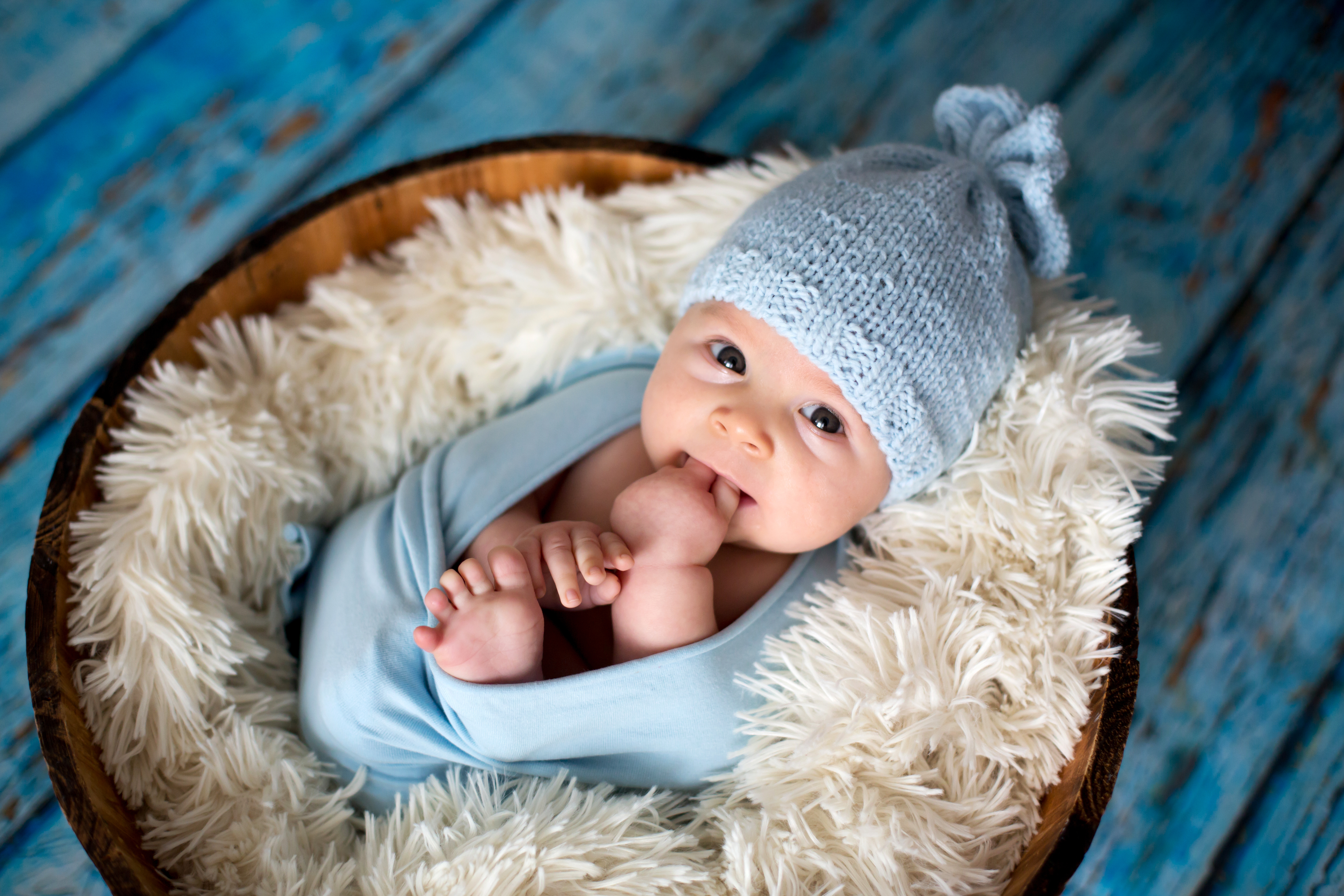
Information for Parents
Bronchiolitis is an infection of the small airways of the lung (the bronchioles). It is a common condition of babies. Most babies are not seriously ill and make a full recovery. Sometimes it becomes more serious and hospital care may be needed.
Bronchiolitis is usually caused by a virus called the respiratory syncytial virus (RSV). Other viruses are sometimes the cause. RSV is spread in tiny water droplets coughed and sneezed into the air. Infected bronchioles become swollen and full of mucus.
It most commonly occurs in babies aged 3-6 months. For most it is not a serious illness. However, about 3 in 100 babies are admitted to hospital with bronchiolitis before they are 12 months old.
Babies at higher risk of developing a more serious illness with bronchiolitis include:
What are the symptoms of bronchiolitis?
Bronchiolitis in the UK usually occurs in the winter months (November to March).
Typically, symptoms peak in severity after 2-3 days. The severity of the illness can vary from mild (being a bit worse than a heavy cold) to severe with serious breathing difficulties.
Symptoms then usually gradually ease and go within 1-2 weeks. An irritating cough can linger a bit longer, up to several weeks.
What do I need to know?
Bronchiolitis is a self-limiting illness. This means it will normally go as the immune system clears the virus. There is no medicine that will kill the virus. Antibiotic medicines do not kill viruses. The aims of treatment include:
Hospital treatment
The main reason for hospital admission is concern over poor drinking or feeding. In hospital your child can be fed by a tube passed into the stomach if necessary. Extra oxygen may be given if breathing is difficult.
Many types of treatments have been tried over the years. Unfortunately, research has shown that none of them makes a big difference to the course of the illness. That is why treatment is supportive, whilst your child’s immune system kills the virus.
When to be concerned
You should return to The Children’s Urgent Care Centre (0800-2000 Monday-Sunday) or Accident and Emergency (out of hours) if your child has any of the following symptoms:
Further Information
If you need any more information or advice between the hours of 0800-2000 Monday-Sunday please call The Children’s Urgent Care Centre on 02073906150.
Out of hours please contact NHS 111.
Call NHS 111 if you need medical help fast, but its not life threatening- for example, if you:
In case of emergency please call 999 or attend your local Children’s Emergency Department.